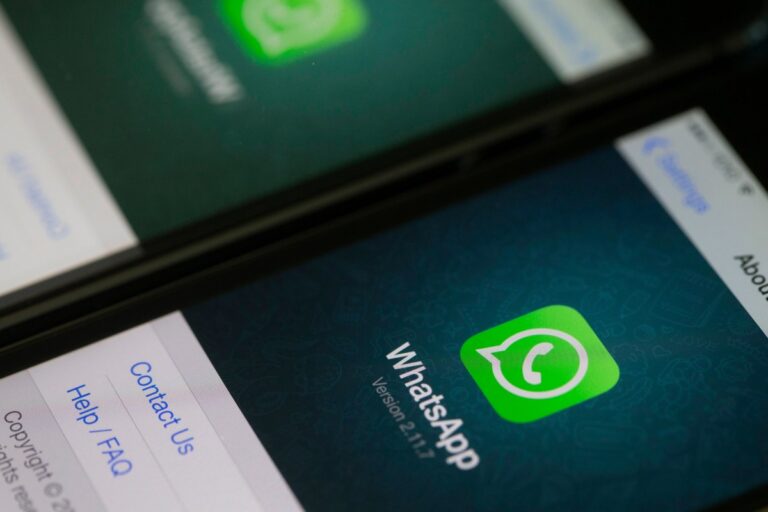WhatsApp Business is changing its per-conversation rates for businesses — conversations are the 24-hour communication channels between sellers and users. The company is reducing rates for utility messages and increasing rates for marketing messages.
Meta charges businesses through four message categories: Marketing (offers, new products), Utility (order updates, account balances), authentication (one-time passwords), and service (customer inquiries).
The new utility rates will come into effect from August 4, and the new marketing conversation rates will come into effect from October 4 this year. This is the first update on conversation rates since WhatsApp started charging based on category instead of a flat rate for all calls.
The company charges merchants different fees in different countries. For example, in India, marketing rates shifted from $0.0099 to $0.0107 (+8%), and utility conversation rates dropped from $0.0042 to $0.0014 (-67%).
This will likely convince businesses to use WhatsApp as their primary channel of communicating with customers.
Over the past year, users have complained about the increasing number of WhatsApp messages on the platform, resulting in spam. The company has slowly put in place restrictions to protect users from this spam.
Earlier this year, the company began testing restrictions on marketing messages sent to users in India through its “Limit Marketing Template Messages Per User” policy. Meta did not set hard limits on the messages brands could send, but did block messages that were “unlikely to be read.”
After a testing period, Meta said it expanded the guidelines globally last month.
“People use WhatsApp to do everything from ask questions about a product, receive boarding passes, or get deals on holiday sales. Too much of a good thing can be bad, so we’re working to find the right combination of tools to do this right so people continue to have a great experience messaging businesses on WhatsApp,” a Meta spokesperson told TechCrunch in a statement.
WhatsApp Business is now a significant contributor to Meta’s revenue. Last year, the company said it had more than 200 million WhatsApp Business users.


